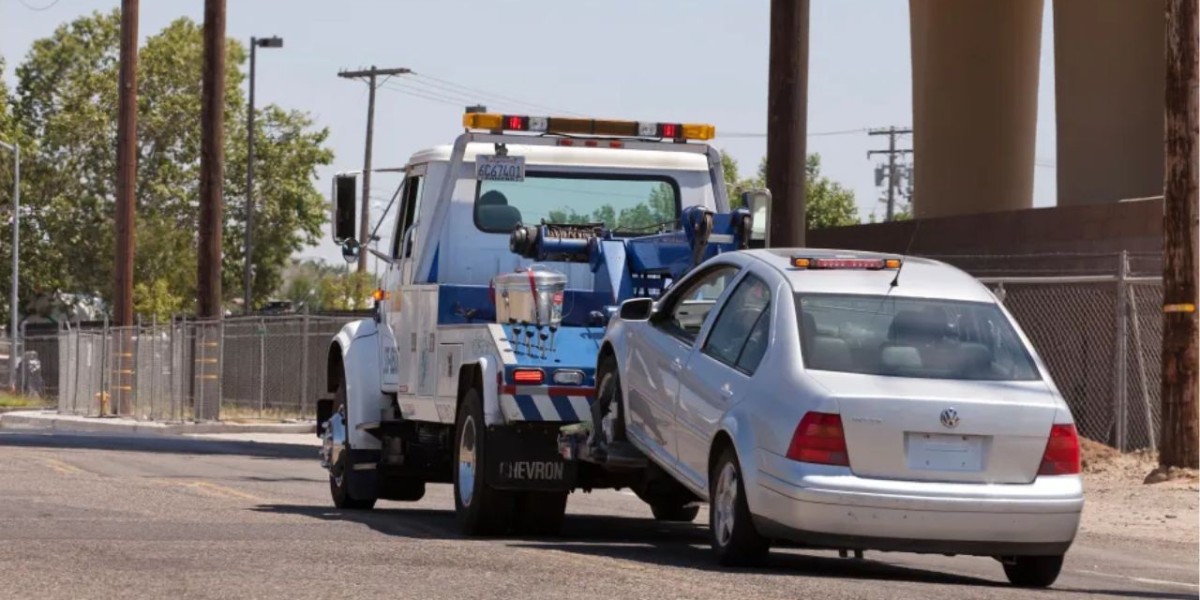Getting your car out of impound can be a stressful and confusing process, especially if you’re facing unexpected costs. If your car was impounded by police, it’s crucial to know what steps to take to retrieve it and understand the car impounded by police cost involved. In this guide, we'll walk you through the process and break down the fees, so you can be prepared.
Step 1: Why Was Your Car Impounded?
Before retrieving your vehicle, you need to understand why it was impounded. Common reasons include parking violations, unpaid tickets, expired registration, or involvement in an accident. Knowing the reason is important because it may affect the paperwork or additional fines you need to pay.
Step 2: Contact the Impound Lot
After your car has been impounded, the first thing you should do is contact the impound lot where it’s being held. The police or towing company will provide you with the name and location of the lot. Be sure to ask them about:
- Hours of operation: Impound lots may have specific hours for releasing vehicles.
- Required documents: You’ll need proof of ownership, such as your vehicle registration, a valid driver’s license, and possibly proof of insurance.
Step 3: Costs Involved in Retrieving Your Car
Once your car was impounded by police, you’ll face several charges. Here's a breakdown of the typical costs:
Towing Fee: The first cost you’ll encounter is the towing fee. This is what the towing company charges for removing your car and taking it to the impound lot. On average, the towing fee can range from $100 to $300, depending on the distance towed and local rates.
Daily Storage Fee: After your car is impounded, you’ll also have to pay a daily storage fee. This typically ranges from $20 to $50 per day, though it can be higher in some cities or for larger vehicles. It’s important to act fast because these fees add up quickly the longer your car stays in impound.
Administrative Fees: Some impound lots charge an additional fee for handling the paperwork involved in storing and releasing your vehicle. These fees can range from $50 to $200, depending on the location.
Fines and Penalties: If your car was impounded due to parking violations, unpaid tickets, or legal issues, you may also have to pay fines before you can retrieve your car.
Step 4: Retrieve Your Car
After paying the necessary fees, you can retrieve your car from the impound lot. Be sure to bring all required documents (proof of ownership, valid ID, and proof of insurance). Double-check the hours of operation to ensure you can pick up your car without delays.
Step 5: Avoiding Future Impoundments
To avoid the costs of impoundment in the future, keep the following tips in mind:
- Stay on top of parking regulations: Make sure you park in legal spaces and avoid unpaid tickets.
- Renew your registration and insurance: Keeping your vehicle registration and insurance up to date will help you avoid impoundment due to expired documents.
- Be aware of local laws: Every city has its own set of rules regarding parking and vehicle impoundment, so always be mindful of local laws.
Conclusion
If your car was impounded by police, the cost to retrieve it can be substantial, with towing fees, daily storage fees, and administrative charges quickly adding up. Acting quickly is crucial to minimizing the daily storage costs, which can escalate the longer your vehicle remains in the lot.
In total, you may expect to pay anywhere from $200 to $1,000 or more, depending on how long your car was impounded and the reason for its impoundment. Always contact the impound lot as soon as possible to get your vehicle back and avoid additional fees.










